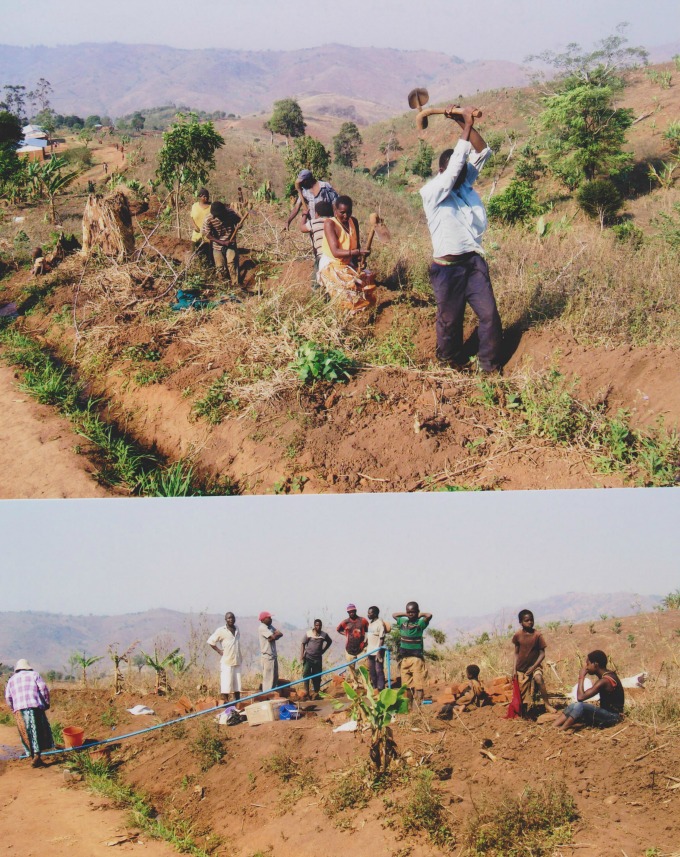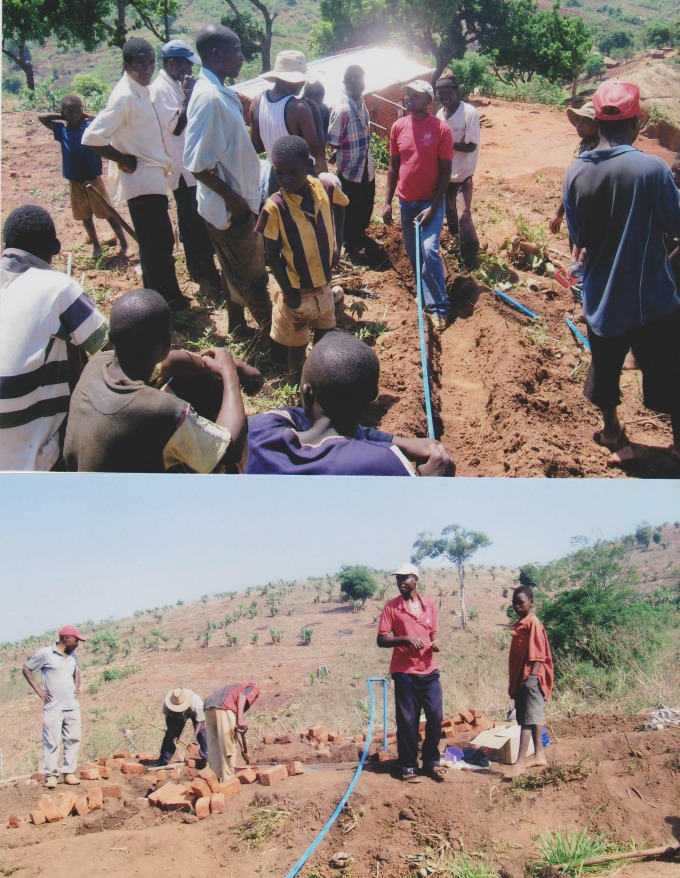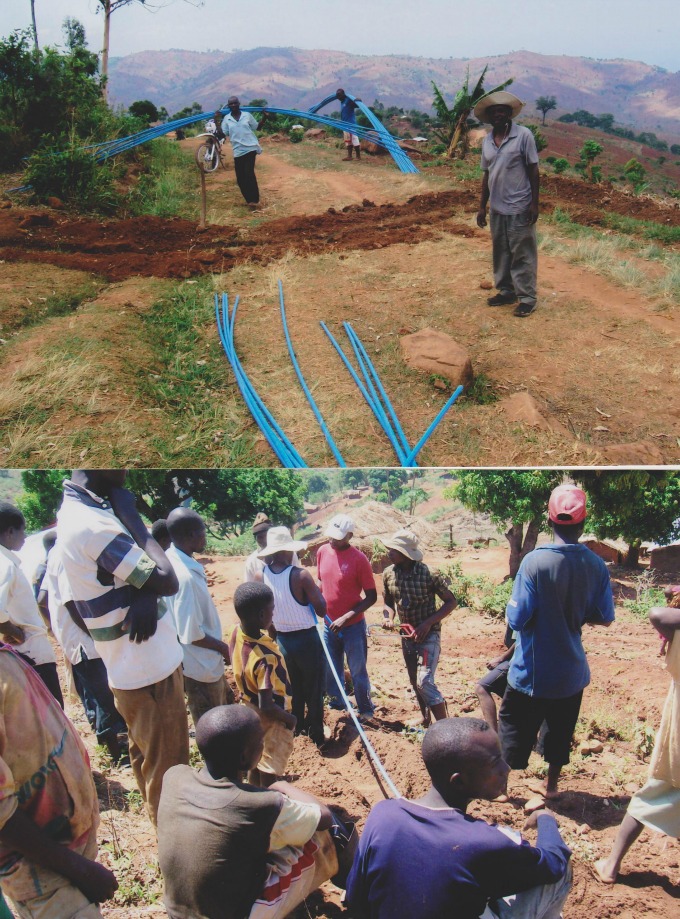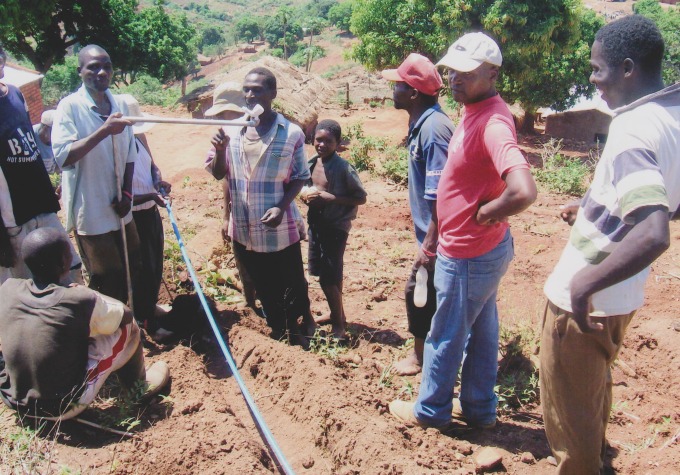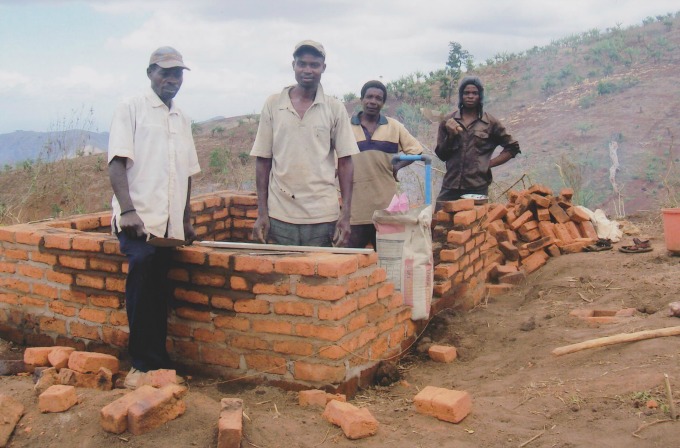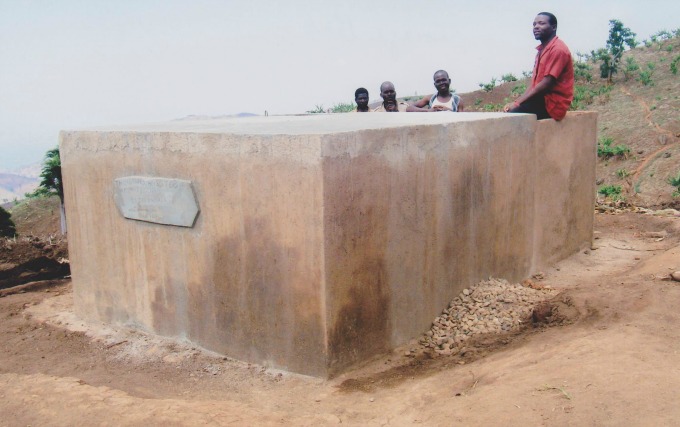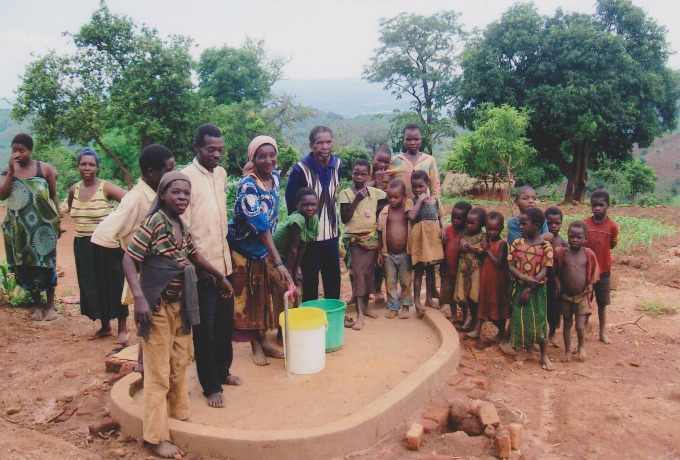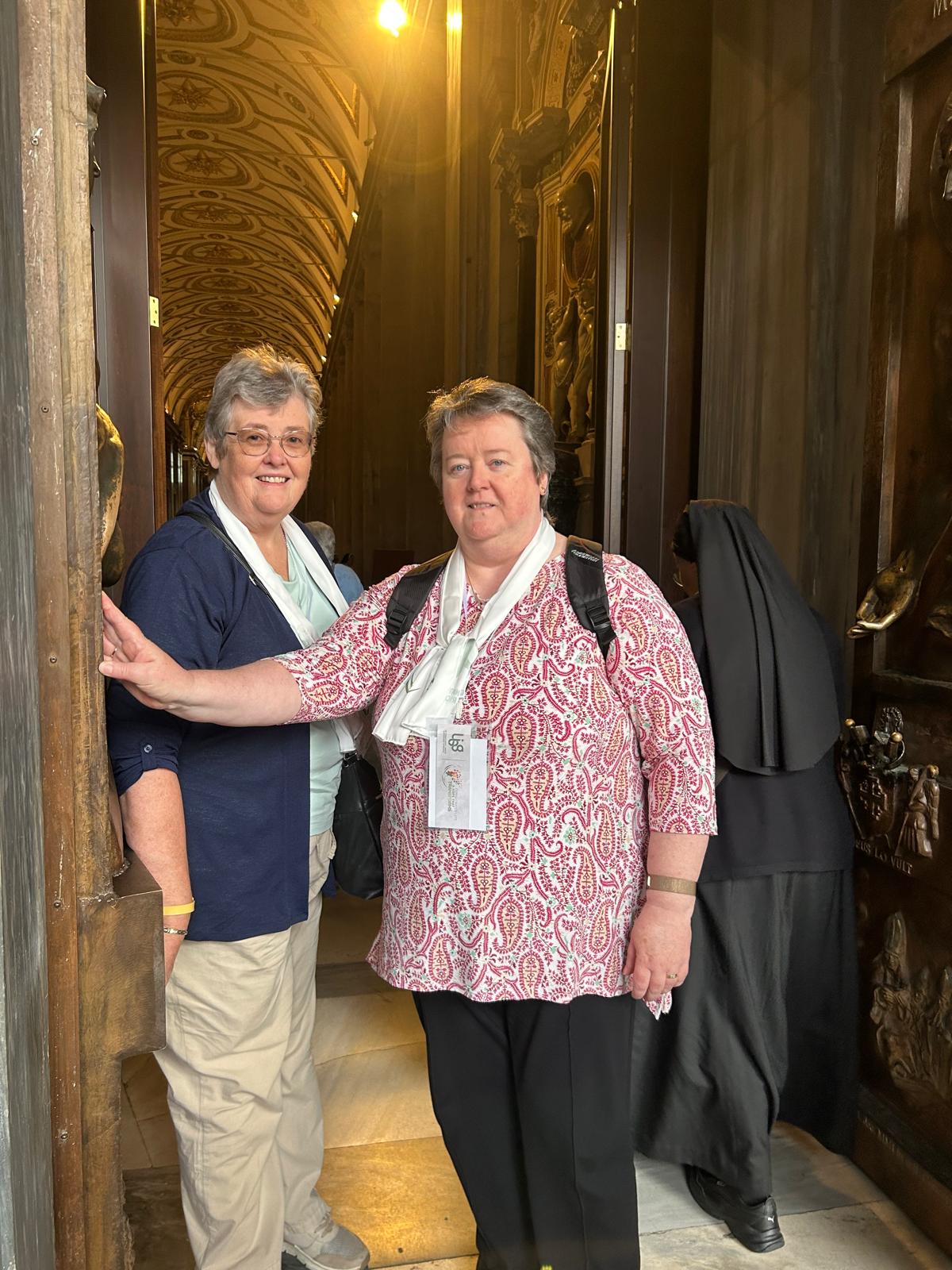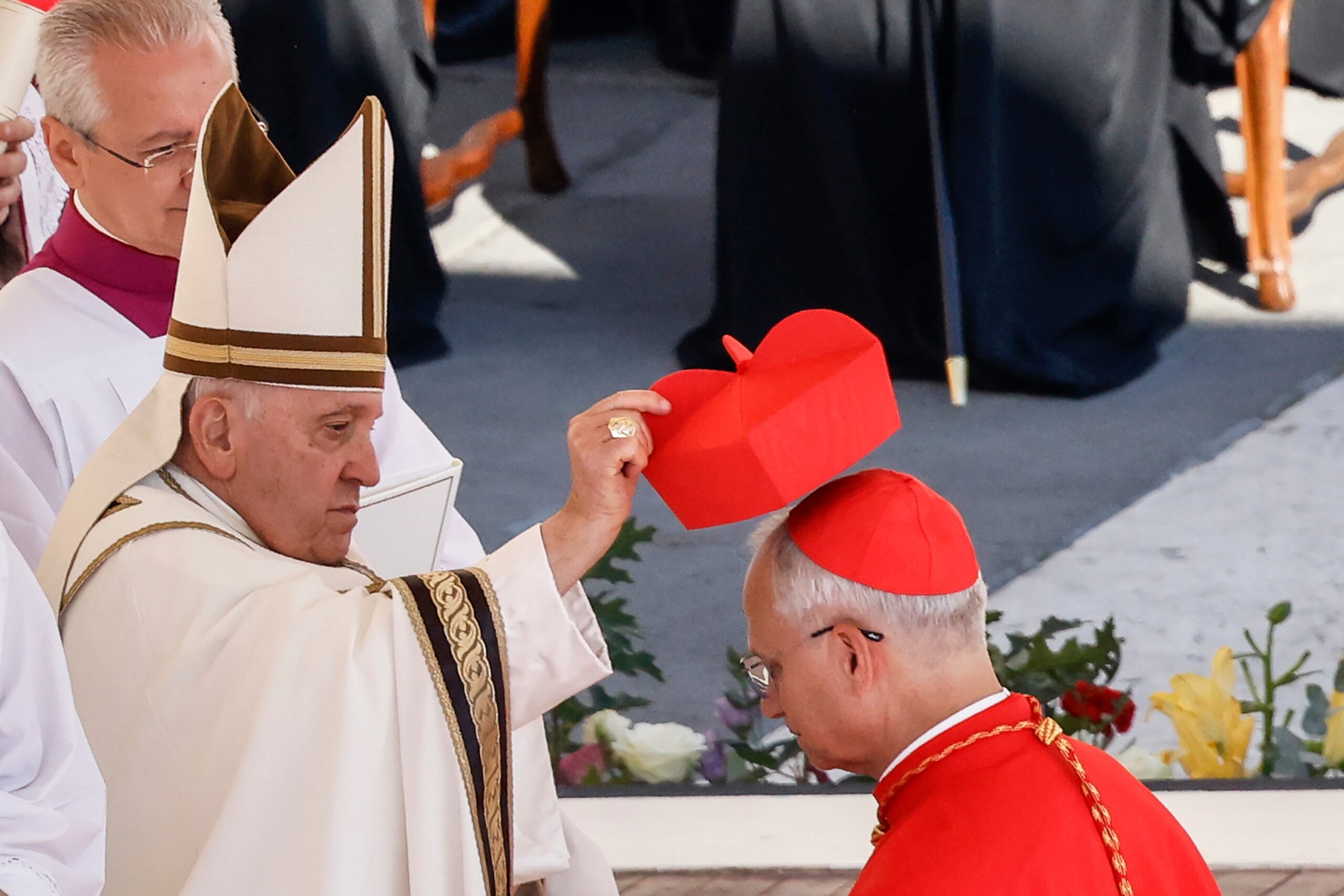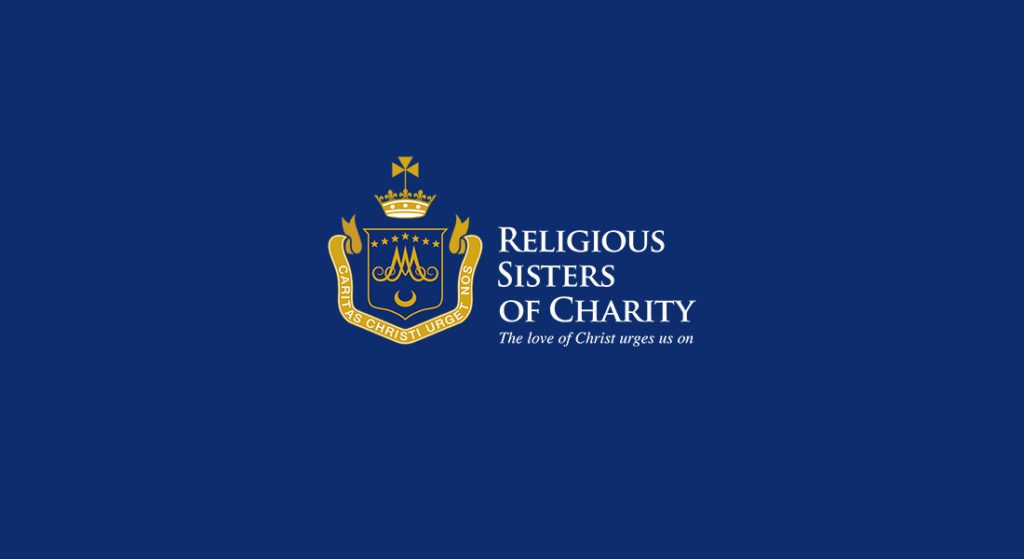
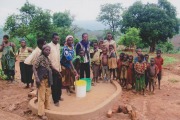 The three Sisters of Charity who live in Malawi continue to look for ways of bringing clean water to the people who live in small villages. Recently they were able to initiate another project due to the generosity of a donor in Ireland. This was used for a water project which is a gravity fed scheme in Khweliwa Village, Kapota. Here the sisters tell their story:
The three Sisters of Charity who live in Malawi continue to look for ways of bringing clean water to the people who live in small villages. Recently they were able to initiate another project due to the generosity of a donor in Ireland. This was used for a water project which is a gravity fed scheme in Khweliwa Village, Kapota. Here the sisters tell their story:
We responded to a request from the people whose main source of water was from unprotected wells on the Nakasena stream. Many people live long distances from this stream and water had to be carried uphill over very rough terrain. Apparently the drilling of a borehole some years ago in the same area failed and due to the area being hilly, wells were not feasible. The leaders in the area wondered whether anything could be done with the stream.
We contacted the District Water Development Officer, Mr Mselela and explained the situation. After a few months he came with a team to explore the area and to ascertain whether it would be possible for the spring to be gravitated through pipes to the communities in the lower part of the village.
We were delighted when Mr Mselela, the water engineer, informed us that it would be possible and he set about developing the scheme.
The scheme would provide portable clean water gravitated through pipes to 200 households (925 people). The distance to be covered was 3.4 Km and the proposed number of communal taps was seven.
The beneficiary communities were to provide labour e.g. excavating trenches for the pipes, and the local materials required, sand, bricks and quarry stone. They would also be responsible for the security of the items purchased.
The District Water Development Office was to provide technical expertise to develop the scheme into gravity fed water system.
The Sisters of Charity, due to the generous donation, were able to fund the project.
Following much interaction, discussion, hard work and commitment from the leaders, the local community, the Water Development Officer and ourselves the project is almost completed and will make the following impact on the lives of the people:
- Increased accessibility to portable water by the community. More people including the elderly are able to access communal water points constructed close to their houses.
- Reduced distances to access water and reduced instances of water related diseases.
- Improved living conditions for the people since they have enough water near their homes.
- Women have more time to devote to their families since they will not spend time walking and queuing for water at the stream.
When all is complete members of the community will be trained by Mr Mselela to take care of system.
